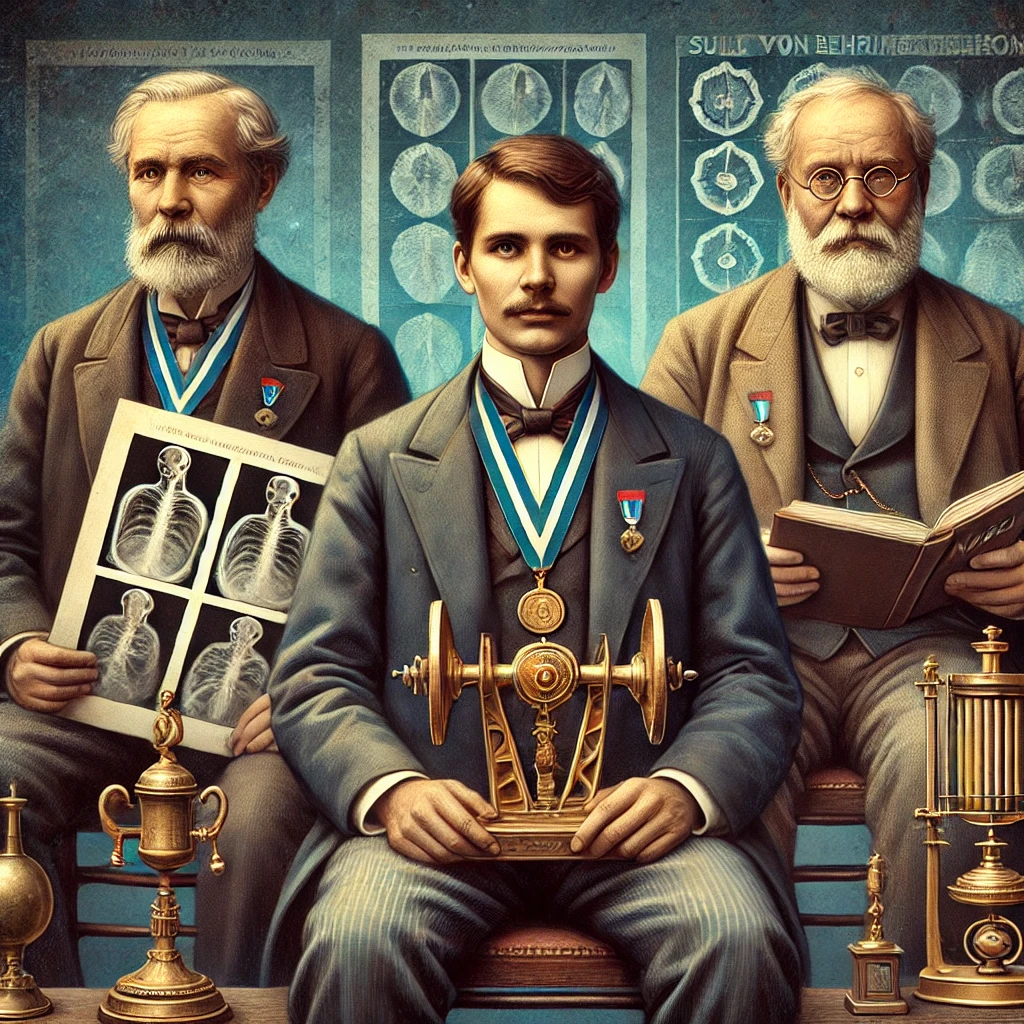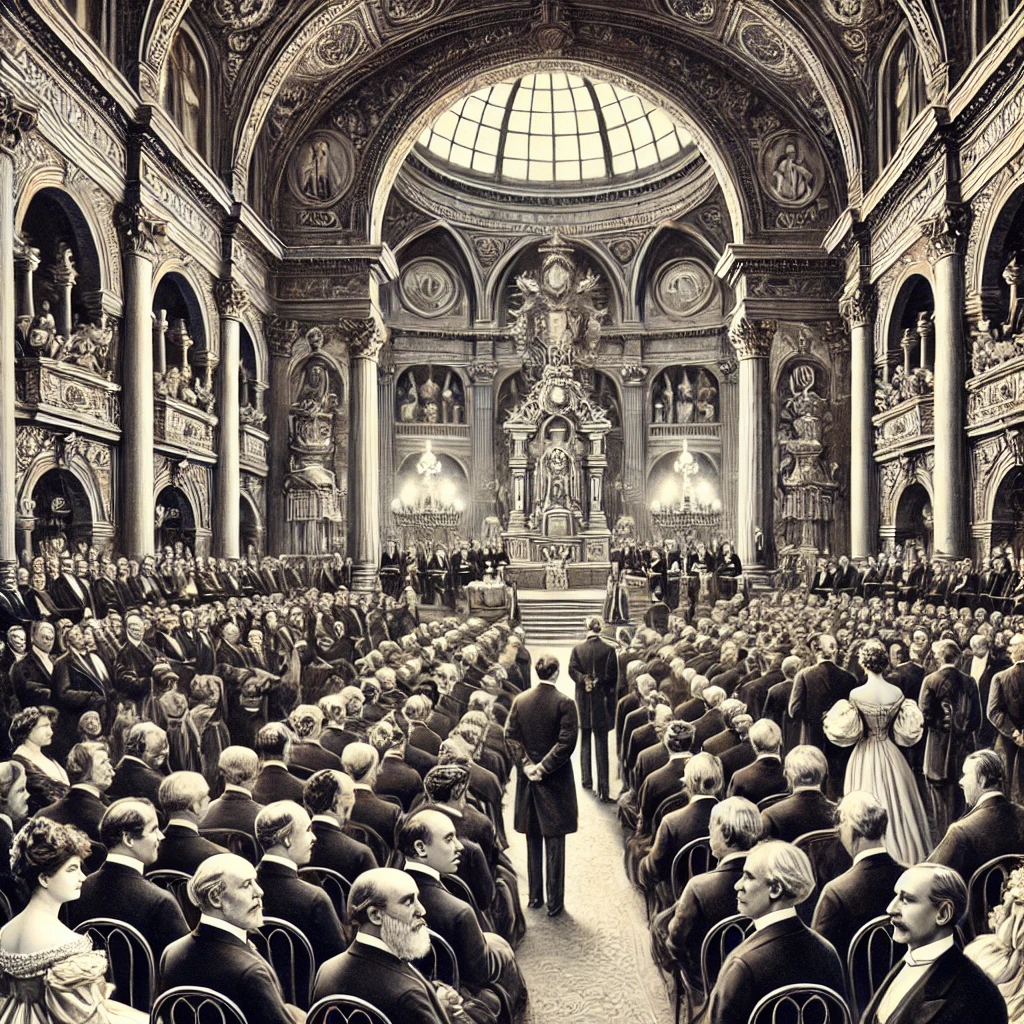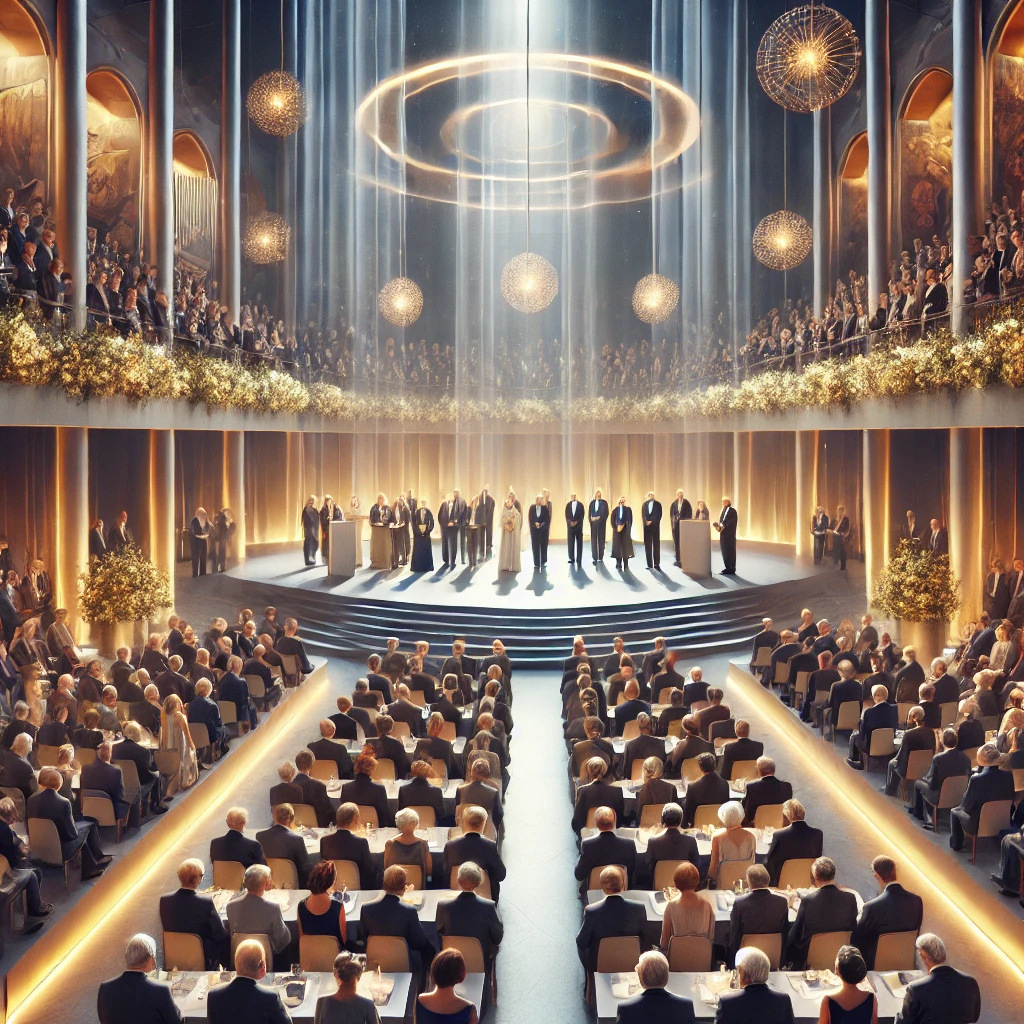On December 10, 1901, the first Nobel Prizes were awarded, marking the beginning of an unparalleled legacy in honoring human achievement. Established by the will of Alfred Nobel, the Swedish chemist and inventor of dynamite, the prizes aimed to recognize those who “have conferred the greatest benefit to humankind.” The inaugural ceremony took place on the fifth anniversary of Nobel’s death, with awards presented in the fields of Physics, Chemistry, Medicine, Literature, and Peace. This historic event set a precedent for global acknowledgment of extraordinary contributions to society.

The recipients of the first Nobel Prizes were pioneers in their respective fields. Wilhelm Röntgen was honored in Physics for his discovery of X-rays, while Jacobus van ‘t Hoff received the Chemistry prize for his work in chemical thermodynamics. Emil von Behring was awarded the Medicine prize for his development of a serum therapy for diphtheria, saving countless lives. Sully Prudhomme received the Literature prize, and the Peace Prize went jointly to Frédéric Passy and Henry Dunant, recognizing their efforts in promoting peace and humanitarian work.
The Vision of Alfred Nobel
The Nobel Prizes were the result of Alfred Nobel’s remarkable vision for the future. A man of contradictions, Nobel amassed great wealth through his invention of dynamite and other innovations but harbored concerns about the destructive potential of his creations. His will, drafted in 1895, reflected his desire to leave a lasting legacy that fostered progress, peace, and the betterment of humanity.

Nobel’s decision to establish the prizes was met with skepticism and legal challenges, particularly from his family, who were surprised by his philanthropic intentions. However, Nobel’s executors persevered, ensuring that his vision became a reality. The selection committees, based in Sweden and Norway, were tasked with identifying individuals whose work aligned with Nobel’s ideals.
Lasting Impact and Modern Relevance
More than a century later, the Nobel Prizes remain one of the most prestigious accolades in the world. They have inspired generations of scientists, writers, and activists to strive for excellence in their work. The awards have also expanded over time; in 1968, the Sveriges Riksbank established the Nobel Memorial Prize in Economic Sciences, broadening the scope of recognition.
The prizes continue to highlight critical global issues, from groundbreaking scientific discoveries to the pursuit of social justice. Nobel Peace Prize laureates, such as Martin Luther King Jr., Malala Yousafzai, and the International Campaign to Abolish Nuclear Weapons, remind the world of the importance of unity and activism. The Nobel Prizes serve as a beacon of hope and a call to action for addressing humanity’s greatest challenges.
A Celebration of Achievement

The annual Nobel Prize ceremonies remain a powerful symbol of human ingenuity and resilience. Held in Stockholm, Sweden, and Oslo, Norway, these events honor the spirit of innovation and altruism that Alfred Nobel envisioned. The tradition of awarding the prizes on December 10th underscores the enduring relevance of this moment in history.
The story of the first Nobel Prizes exemplifies how one individual’s vision can create a ripple effect of progress and inspiration. As we reflect on this day in history, we celebrate not only the achievements of the inaugural laureates but also the enduring power of human creativity, collaboration, and hope.
